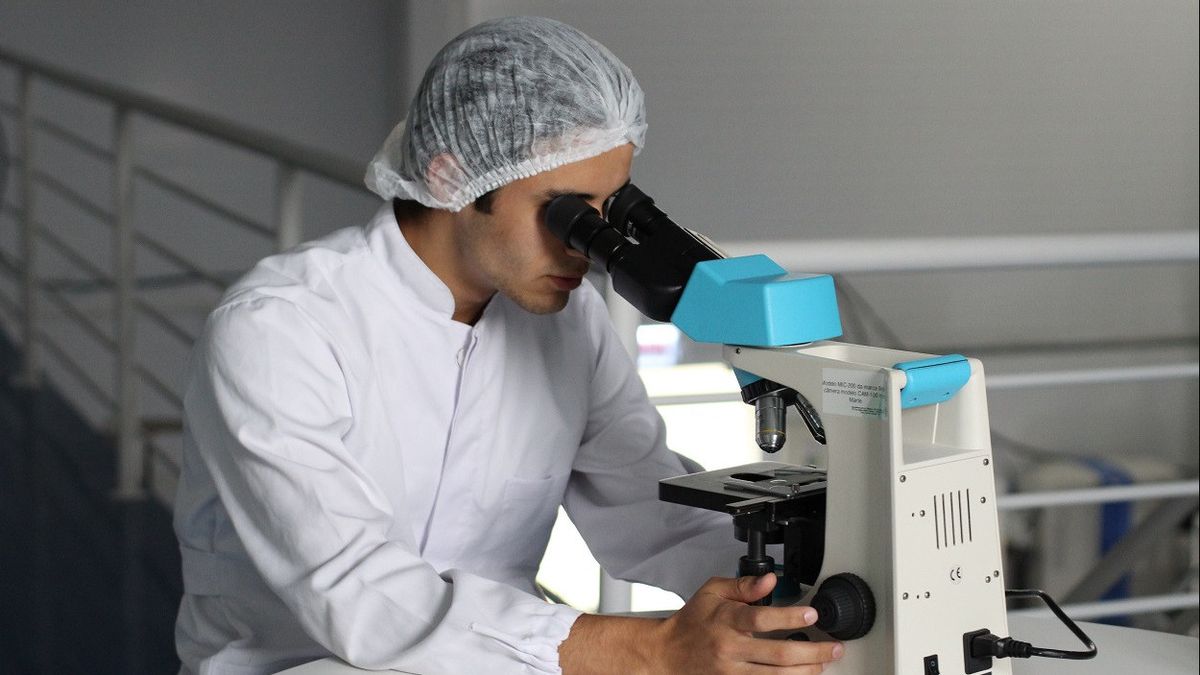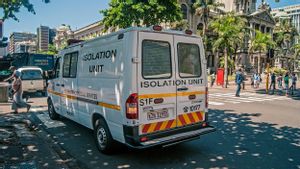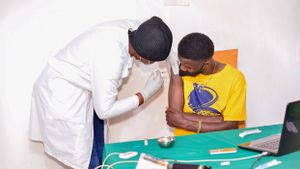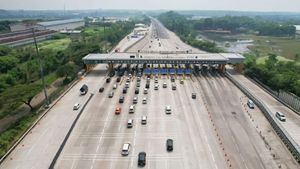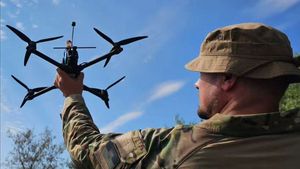JAKARTA - Antibodies, developed after infection with the Delta variant of the coronavirus, may not protect against the new Omicron variant and vice versa, said Director General of the Center for Molecular Genetics Studies at DNKOM Andrei Isayev.
"A large number of mutations means that the virions of this strain are structurally different from the virions of other strains, they have different spike proteins. That is why antibodies developed by those who have previously suffered from other strains or have been vaccinated cannot withstand the Omicron variant," explained Isayev to TASS, as quoted December 6.
"That means, there will be no cross-immunity between Omicron and other strains. Therefore, antibodies developed after infection with Omicron will not protect against delta, and vice versa. So, COVID-19 can be divided into two populations: COVID-D and COVID-O, as one evolutionary biologist correctly wrote."
Isaev also noted that because of the large number of mutations that occur in the Omicron variant, it is difficult to predict how it will behave in the future.
"This phenomenon is completely new," said the health expert
To note, on November 26, a new variant of the coronavirus was identified in South Africa. The World Health Organization (WHO) designated the variant originally named B.1.1.529 as the "Variant of Concern" and gave it the Greek letter Omicron.
SEE ALSO:
In its statement, the WHO noted "this variant has a large number of mutations, some of which are alarming." In addition, multiple simultaneous changes in spike protein could potentially inhibit pathogen neutralization by antibodies which could impact vaccine effectiveness.
The English, Chinese, Japanese, Arabic, and French versions are automatically generated by the AI. So there may still be inaccuracies in translating, please always see Indonesian as our main language. (system supported by DigitalSiber.id)
